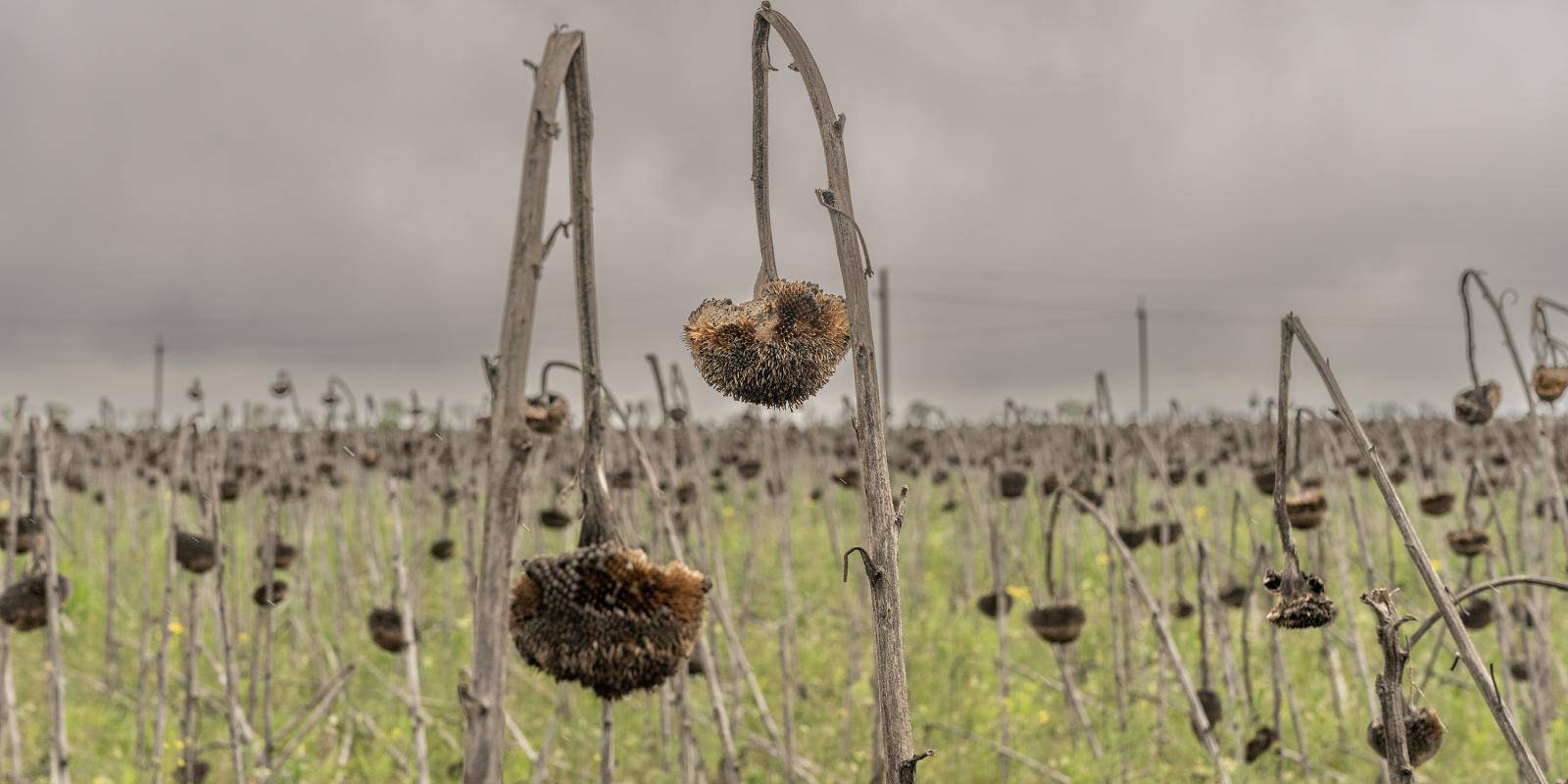Oli Brown

Russia’s war is, first and foremost, a calamity for the people of Ukraine, with large parts of the population thrown into poverty and displacement. But both in Ukraine and around the world, the war is also increasing vulnerability to climate change, proliferating security risks, complicating efforts on decarbonization and hindering multilateral climate action.
Ukraine already faced challenges in mitigating and adapting to climate change. Damage wrought on the country’s environment and infrastructure by the war has only made these challenges harder to overcome. Meanwhile, the war has led to unprecedented volatility in global food prices, increasing hunger and deprivation in other parts of the world. It has also upended global energy politics, with short-term decisions by policymakers increasing the risk of new carbon emissions being locked in for the long term.
This research paper explores the potential consequences of Russia’s war for climate action, food supply and energy security, both for Ukraine and globally. Its concluding chapter features recommendations on how, with international support, Ukraine can rebuild its damaged infrastructure and leap forward to a more resilient, cleaner and low-emission future.
No comments:
Post a Comment